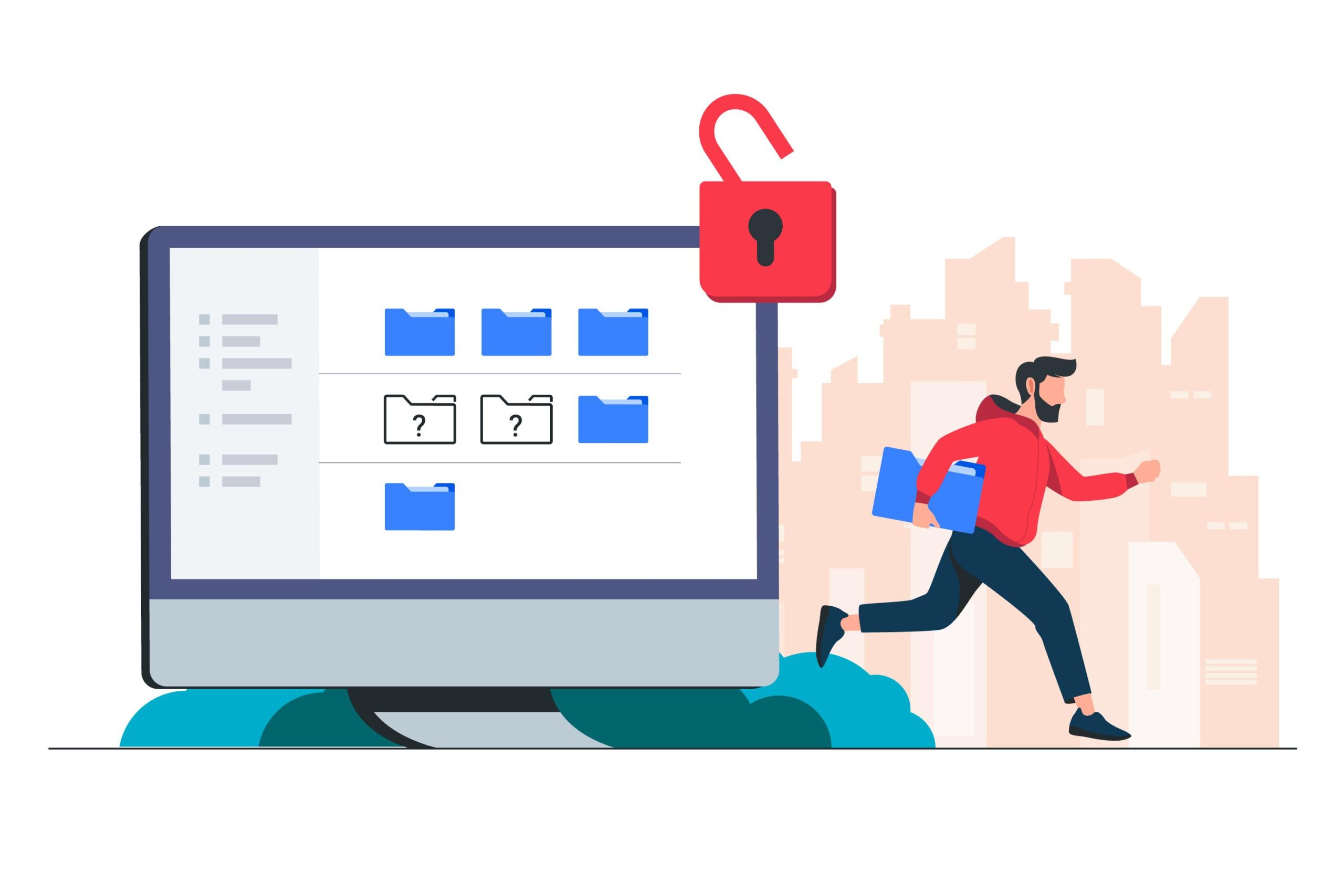An organization can make use of universal data governance to stay ahead of its competitors. When governed in the right way, the collected data can help in identifying quality data, increasing dependency on data, and finding more trusted data. In addition, it is helpful in building a data foundation and providing valuable insights.
Organizations can leverage AI-powered mechanisms for data discovery and classification to get valuable insights into the collected data.
What is Universal Data Governance: Definition
It can be described as a mechanism or data steward that an organization uses to control the collected data. The modern world has a wide range of business problems – including complex data ecosystems, an enormous amount of data, and risks associated with data. Universal data governance frameworks help build a trusted data foundation to ensure the data is controlled and utilized effectively.
Benefits of Universal Data Governance
Today, when organizations have the option to digitize data, there are risks of various types of data problems. They are of three types:
-
- Complex Ecosystem: These kinds of data problems are associated with the storage of data. Here, the issue persists within the data ecosystem. It can be associated with:
-
-
-
-
-
-
- SaaS Systems
-
-
-
-
-
-
-
-
-
-
-
- Third-party data sharing
-
-
-
-
-
-
-
-
-
-
-
- Unstructured Data processing
-
-
-
-
-
-
- Challenges associated with large volumes of data, hidden data, and hazardous data.
-
- There are data risks like breaches and policy violations that can pose threats to your organization.
Universal Data Management Solutions help resolve these problems and provide a range of benefits. They include:
- Building a data foundation that is comprehensive and can be trusted
- Creating data governance resources that make it easy to understand the link between data quality and business
- Developing a data-based relationship between employees and processes
Pragmatic Approaches to a Universal Data Governance Program
An organization can have data in many forms – including corporate data, vendor data, spatial data, e-commerce data, social media data, and IoT data. For adopting a data governance program and making an effective data strategy, various key elements are used.
- Build a trusted data foundation
- Understand the role of data in business
- Define data categories for teams and processes
How To Build a Trusted Data Foundation
In this step, an organization needs to pinpoint different types of data models to implement governance effectively. Here, the organization identifies what types of data it has. For that, it needs to look at its different data sources, ranging from IoT devices and social media.

The collected data can be processed and stored in a manner that helps create a trusted foundation for data. To create a trusted data foundation, it is necessary to make sure that it spans the entire organization. Whether an employee is a data engineer or a business analyst, the data must cover all areas of the organization.
It should be a universal data library that includes all departments and must have data for everyone in the company.
How To Understand Context of Data
An organization can have data in different formats. It can be employee data, commercial data, vendor data, third-party data, medical research data, and more. An organization needs to identify different types of data to categorize them as per their usage.
How To Develop a Link Between Data and Employees
When someone wants to access data, there should be a way to do that. For example, if there’s a new business user who wants to access the organizational data, then there should be a step-by-step in place. It needs to begin with requesting access and ends with providing access to the data.
Before providing access, the user must be aware of the data access policies. In addition, the individual must be provided with training to use data in the right manner.
Using Data Platform Governance Platform for Data Governance
Developing a data foundation and providing employees with data is a complex process. However, it can be a little easier with the help of a data governance software solution. An effective software solution can power data governance in multiple ways. They include:
- Data Discovery
It is the process of identifying and collecting data. When done manually, data discovery can lead to errors. However, the use of a software solution for universal governance can be helpful in multiple ways.
In addition to discovering data, the software solution helps in data classification.
- Real-Time Regulatory Intelligence
A universal data governance platform provides real-time regulatory intelligence through experts from all around the world. In addition, the platform is useful in monitoring regulatory developments and translating data into actionable insights.
- Build for All Departments
Using the collected data, an organization can categorize and use data for different departments. For example, the universal data governance basics are useful for all departments, including marketing, technology, HR, legal, and others.
The data governance software solution is a platform that provides organizations with a digital dashboard to monitor all kinds of data storage tools. For example, an organization can view and organize data in various databases, web applications, and files. From data elements to targeted discovery and profile scanning, authorized users can do plenty of things.
Final Words
Universal Data Governance can be defined as a foundation for all data management programs. It supports various kinds of data management platforms like big data, data warehousing, and data management.
When humans make errors, the universal data library becomes an effective solution to organize, categorize, and utilize data to make informed decisions. When working on a data governance program, an organization needs to consider the data and key elements associated with it to ensure that the data has been utilized properly.
AI-powered solutions like Secuvy’s data discovery and classification can greatly assist organizations to quickly build a trusted foundation and provide valuable insights into the collected data. In addition, the platform helps in breaking down silos to ensure that the data is being distributed and accessed in a secure manner.



